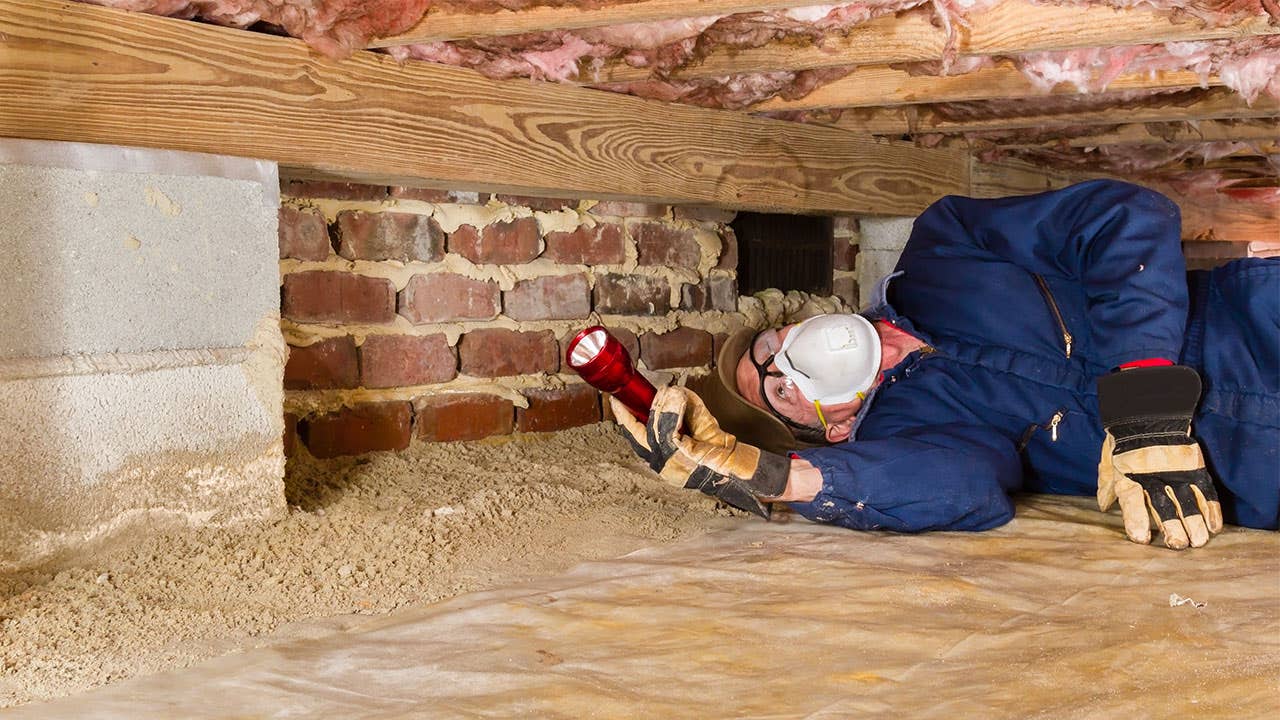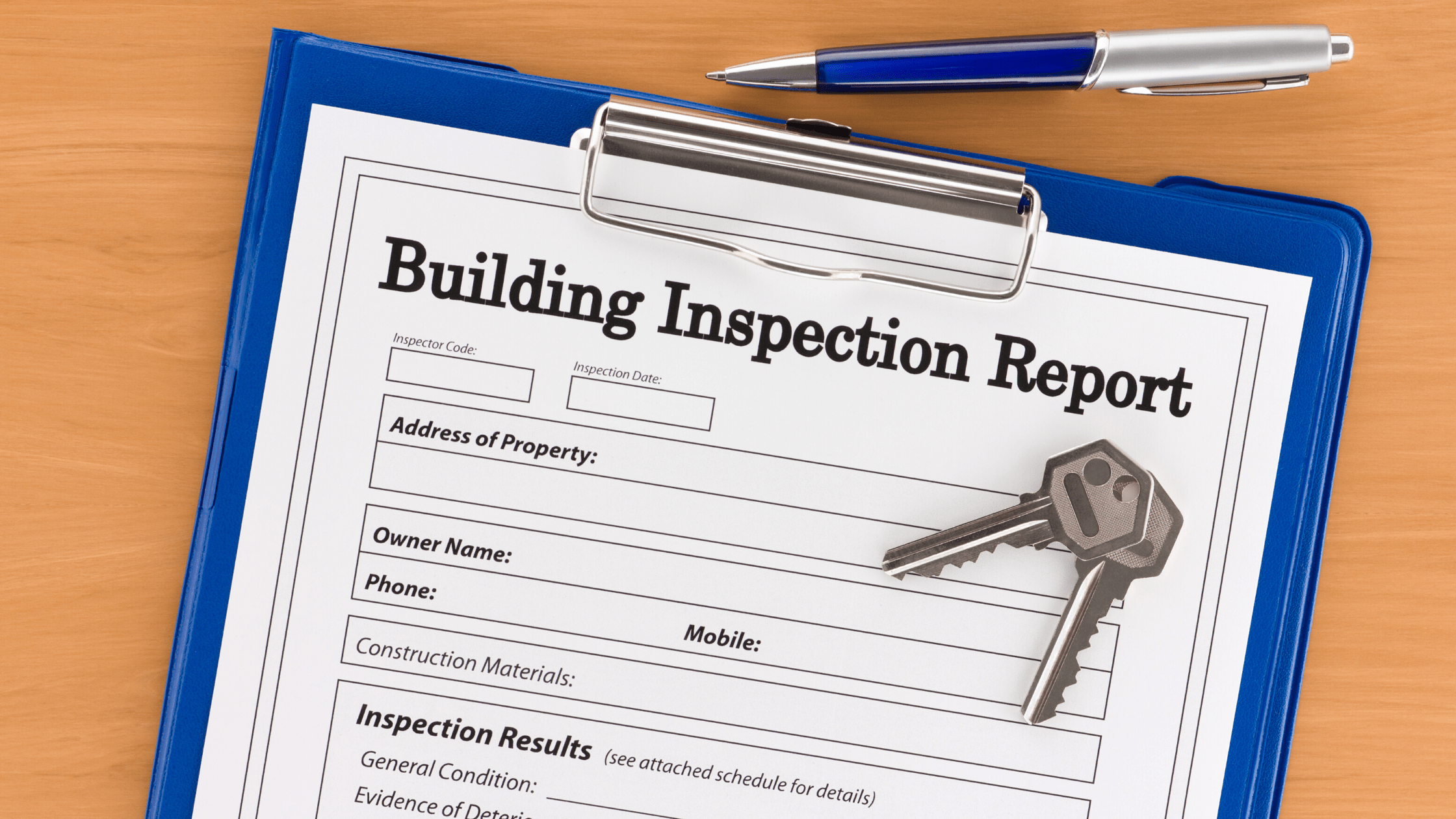All Categories
Featured
Table of Contents
Building Inspection Melbourne - Building Inspector Melbourne ... in East Cannington Aus 2022
Prior to you buy a house, one of the important things you must do is to have it took a look at by a professional house inspector. Yes, we can hear your objection: "Buying a house is expensive enough as it is! Why would I choose to hand over hundreds more if I'm not required to?" In this post, we'll explore what a house inspection can reveal and whether it's worth working with an inspector as a house purchaser.
A comprehensive assessment is a crucial step in purchasing a home, and many loan providers will not use financing on a house without one. Home inspections can discover potentially dangerous issues like mold or malfunctioning wiring that might cause a considerable fire. Most possible buyers have a seven-day window after a house inspection to stroll away from the purchase.
In some circumstances, real estate agents are also known to consist of home inspection provisions in contracts, such as those for a recently built residence. In brand-new home building, examinations generally cover:: Checking prior to the concrete is put (when poured, there's extremely little that can be fixed).: Inspecting the structure and mechanics before the drywall is laid.: A complete walk-through is performed of the finished house.
What Does A Building Inspector Do Vs. A Home Inspector? in Thornlie Western Australia 2023

The common examination lasts 2 to 3 hours, and you must exist for the examination to get a firsthand explanation of the inspector's findings and, if required, ask concerns. Also, any issues the inspector reveals will make more sense if you see them in person rather of relying entirely on the photo photos in the report.
While it is difficult to list everything an inspector could look for, the following home inspection checklist for purchasers ought to give you a general idea of what to expect. The inspector will finish a full examination of the outside of the structure. This will include climbing into any crawlspaces under the house and utilizing a ladder to reach and examine the roof and other products.
The bug inspector (yes, you may desire to engage one of those too), not the home inspector, will check for actual damage from termites, and so on. The inspector will let you know which issues are cosmetic and which might be more serious. If the foundation is not noticeable, and it usually is not, the inspector will not be able to examine it straight.
Pre Purchase Property Inspections Melbourne (From 0) in Mundijong WA 2021
The inspector will look for locations where roof damage or poor installation could allow water to enter the house, such as loose, missing out on, or poorly protected shingles and broken or harmed mastic around vents. They will also check the condition of the gutters. House inspectors do not normally have to examine specifically for termite damage, mold, asbestos, or water contamination.
The inspector will likewise finish a comprehensive inspection of the interior of the house. The house inspector will examine all faucets and showers, look for noticeable leaks and evaluate the water pressure.

The inspector will take a look at your a/c system to estimate the age of the heater and air conditioning system, determine if they function properly, and advise repairs or upkeep. An inspector can also give you an idea of the age of the home's ducting, whether it may have leakages, if your home has enough insulation to reduce your energy bills and whether there is any asbestos insulation.
7 Reasons Why You Need To Get A Home Inspection Before ... in Currambine Aus 2021

The inspector will also let you know what type of condition it remains in and provide you a basic concept of how many years it has actually left. The inspector will in some cases inspect kitchen devices that feature the home to make sure they work, however these are not always part of the inspection.
The inspector will make sure the utility room is properly vented. A poorly kept dryer-exhaust system can be a serious fire threat. If the home has actually a connected garage, the inspector will make sure the wall has the correct fire ranking and hasn't been harmed in any way that would compromise its fire ranking.
The inspector will look for visible leaks, correctly protected toilets, adequate ventilation, and other problems. If the restroom does not have a window or a ventilation fan, mold and mildew can end up being problems, and wetness can warp wood cabinets in time. A home appraisal is a different action than a house examination, however is likewise frequently a needed contingency.
Home Inspection: What's Included And Not? in Carine Western Australia 2023
A home inspector just evaluates the home's condition for total security or possible difficulty areas, like a dripping roofing system, peeling paint, or anything not up to the local building code. A home assessment can't identify everything that might be incorrect with the home; it only checks for visual cues to issues.
Table of Contents
Latest Posts
Failure To Comply With The Building Regulations in Lynwood WA 2022
5 Reasons Why You Need A Building Inspection ... in WA 2020
What To Expect From Your Building Inspector in Hilton Australia 2021
More
Latest Posts
Failure To Comply With The Building Regulations in Lynwood WA 2022
5 Reasons Why You Need A Building Inspection ... in WA 2020
What To Expect From Your Building Inspector in Hilton Australia 2021